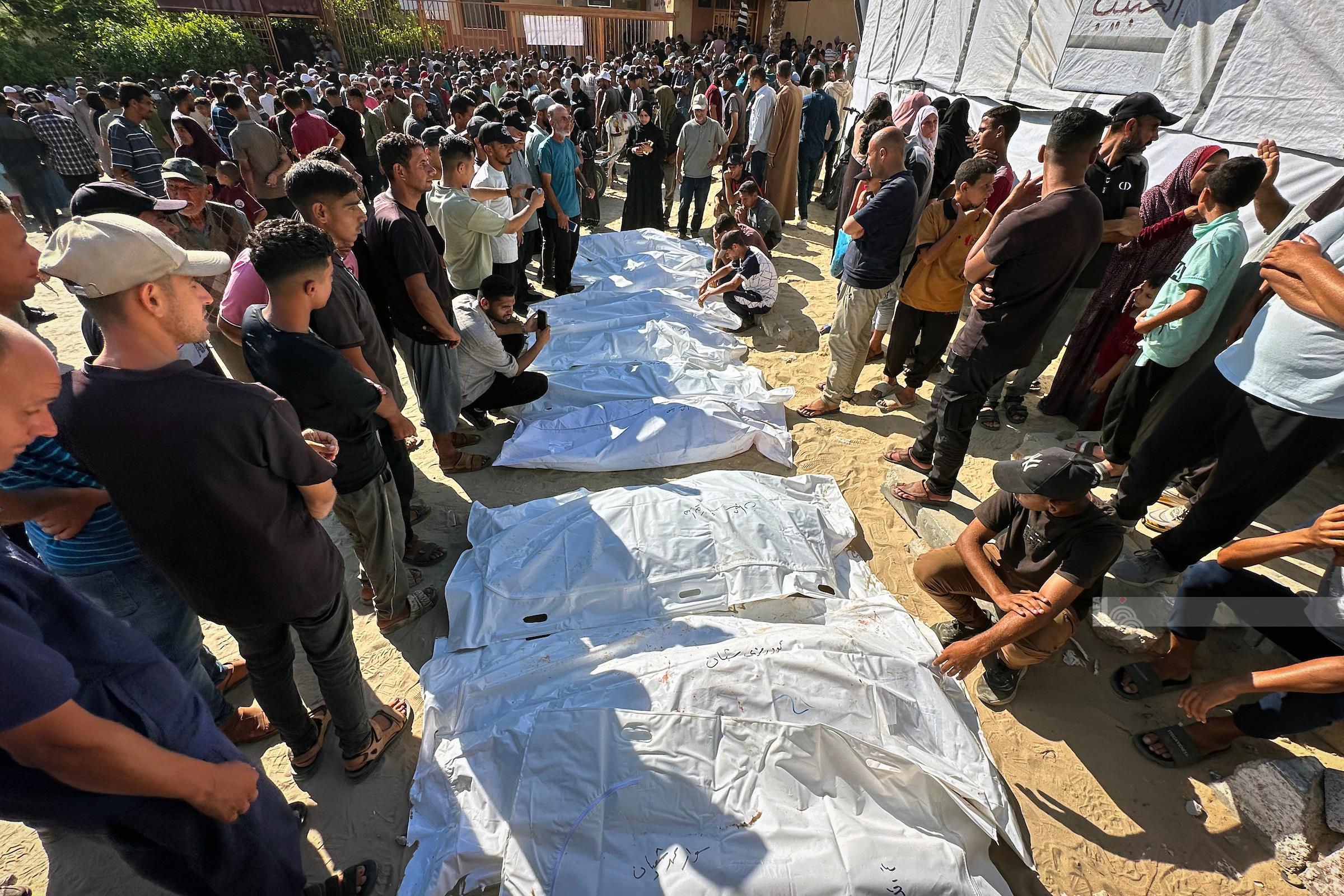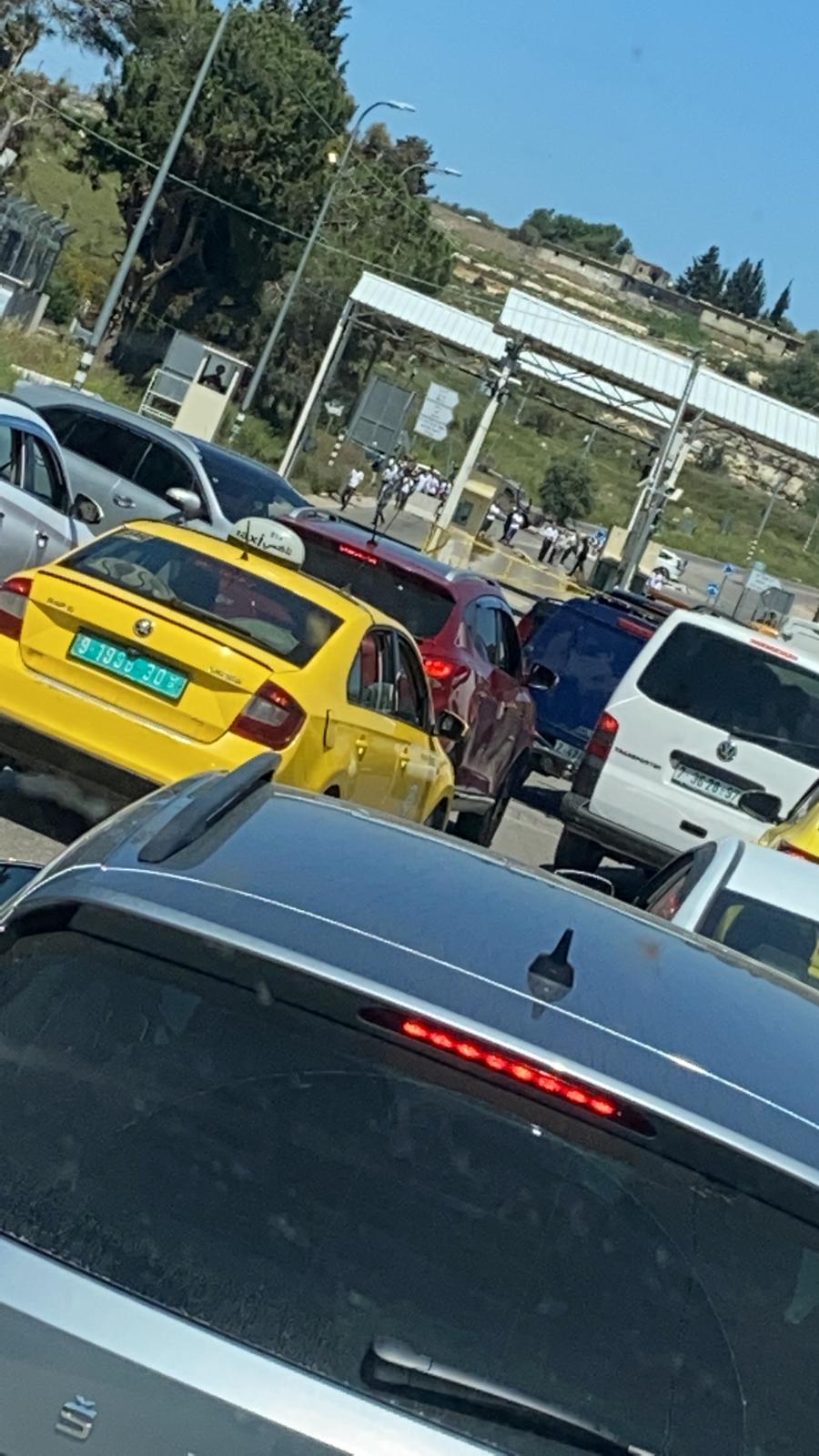RAMALLAH, December 29, 2011 (WAFA) – Israeli plans to expand settlements in the Palestinian Territory dominated front page headlines in the three Palestinian Arabic dailies published Thursday.
“A grand complex in Silwan; 130 new units in Gilo settlement,” said the top headline in al-Ayyam daily.
“Israel welcomes the new year with settlements in Jerusalem, ‘legalizing’ outpost in West Bank,” said the headline in al-Hayat al-Jadida, which ran across the front page.
“Jerusalem municipality approves construction of 130 settlement units in Gilo, building a tourist complex and parking lot at Dung Gate,” said al-Quds.
Other Israeli measures in Jerusalem, such as handing residents in Silwan demolition orders, plans by settlers to turn a house in Silwan to a restaurant, pressure on 85-year-old Rifka Kurd to leave her home in Wadi al-Joz after ordering her to pay rent to the settlers for the past seven years, and plans by Israel to declare entire all-Arab neighborhoods of Jerusalem as outside city limits, thus withdrawing residency status for thousands of Palestinian residents of Jerusalem, also occupied major headlines and space on the front pages of the three dailies.
Al-Quds highlighted a story on the top section of the front page about a decision by the Israeli High Court that allows the state and settlers to exploit Palestinian natural resources for their own benefit and profit. The story related to a petition by the Israeli rights group, Yesh Din, against allowing settlers and Israeli businesspeople to use land in the West Bank for quarries when the land should be used by Palestinians only.
Al-Hayat al-Jadida had a story from AFP, quoting Palestinian negotiator Saeb Erekat as denying Israeli press reports that the Palestinian Authority has agreed to drop its demand for a settlement freeze to resume direct negotiations with Israel, in return for Israeli release of 100 Palestinian prisoners.
Erekat said this report was unfounded and incorrect, stressing that the PA still demands a total settlement freeze, recognition of the 1967 borders as well as release of prisoners in order for it to return to the negotiating table with Israel. He said he asked members of the Quartet if any of them passed this information to the Israeli papers on behalf of the Palestinians, and they all denied that “because this never happened in the first place,” he said.
Al-Quds published on the front page a column by former speaker of the Palestinian parliament and former prime minister Ahmad Qurei on what has become of the peace process, which he had overseen since its inception in the early 1990s.
Calling it “The Martyr Peace,” Qurei wrote that he had written four books about his personal account of the peace process, including a book called “The Suspended Peace.” But if he would write another series on what has become of the peace process in the last 10 years, he would call it “The Martyr Peace,” or even “The Murdered Peace,” which would include accounts of disappointments regarding “this embryo which received a deadly blow while it was still in the womb, to be born deformed.”
He mentioned Israeli measures that include settlement construction, building the Wall, arrests, killings, uprooting trees and human rights violations as some of what has rendered the peace process “nothing more than a title.”
Qurei concluded his article by saying that the Palestinian response to these Israeli measures is national unity, holding elections, and returning to the United Nations to win recognition and to expose Israel’s plans that aim to change the reality of the situation on the ground.
The column writers in al-Ayyam focused on the outcome of events in 2011 as the year is about to end, except for one writer, Talal Oukal, who called on the European Union to move from simple condemnation of Israeli measures and policies to actually taking punitive steps against Israel, including economic and diplomatic sanctions.
M.S./F.J.











